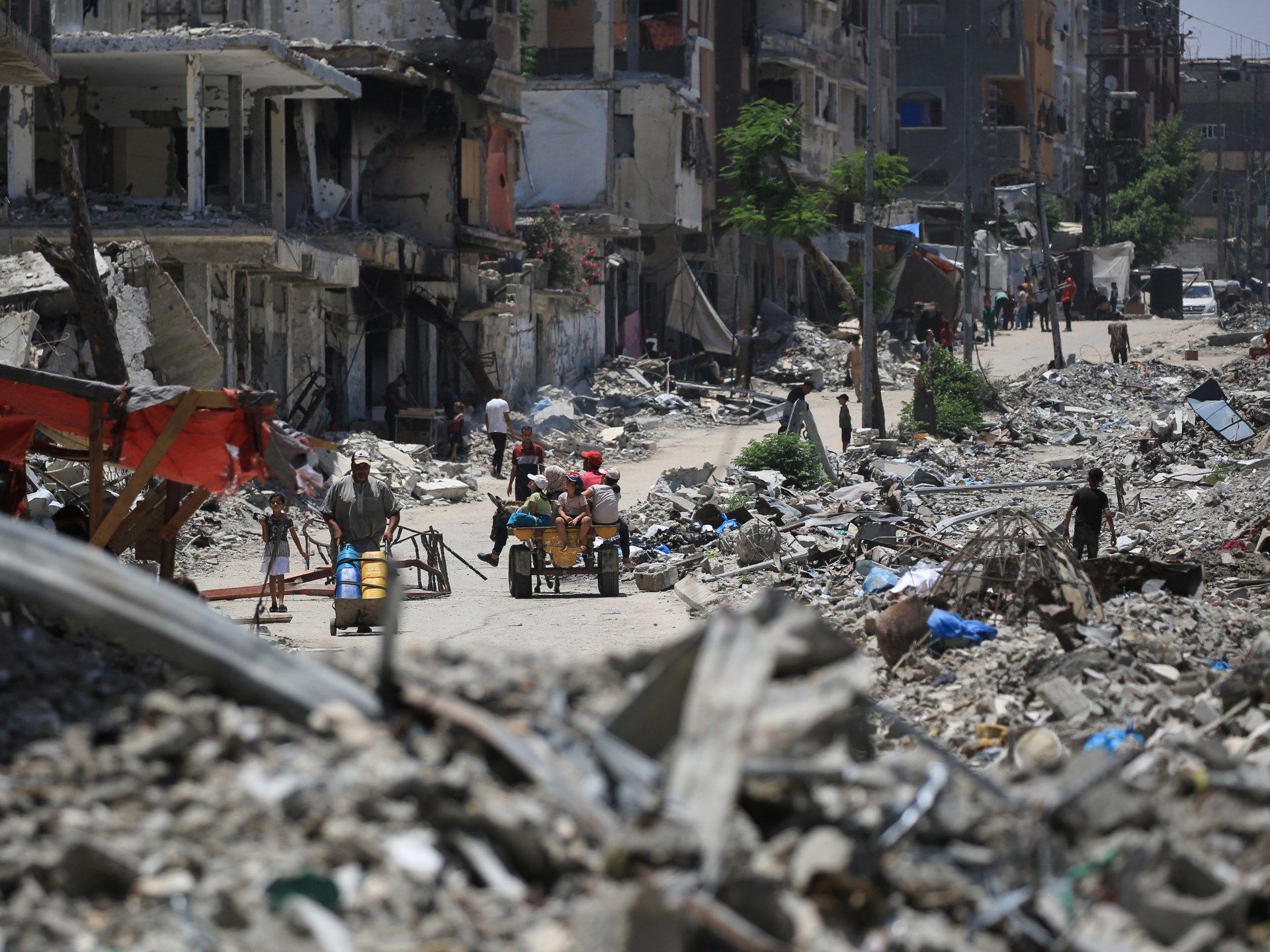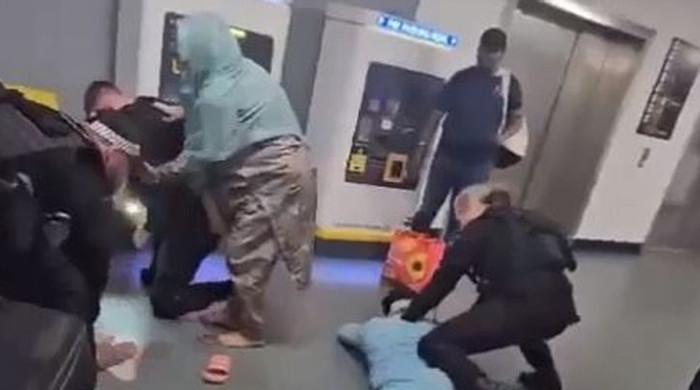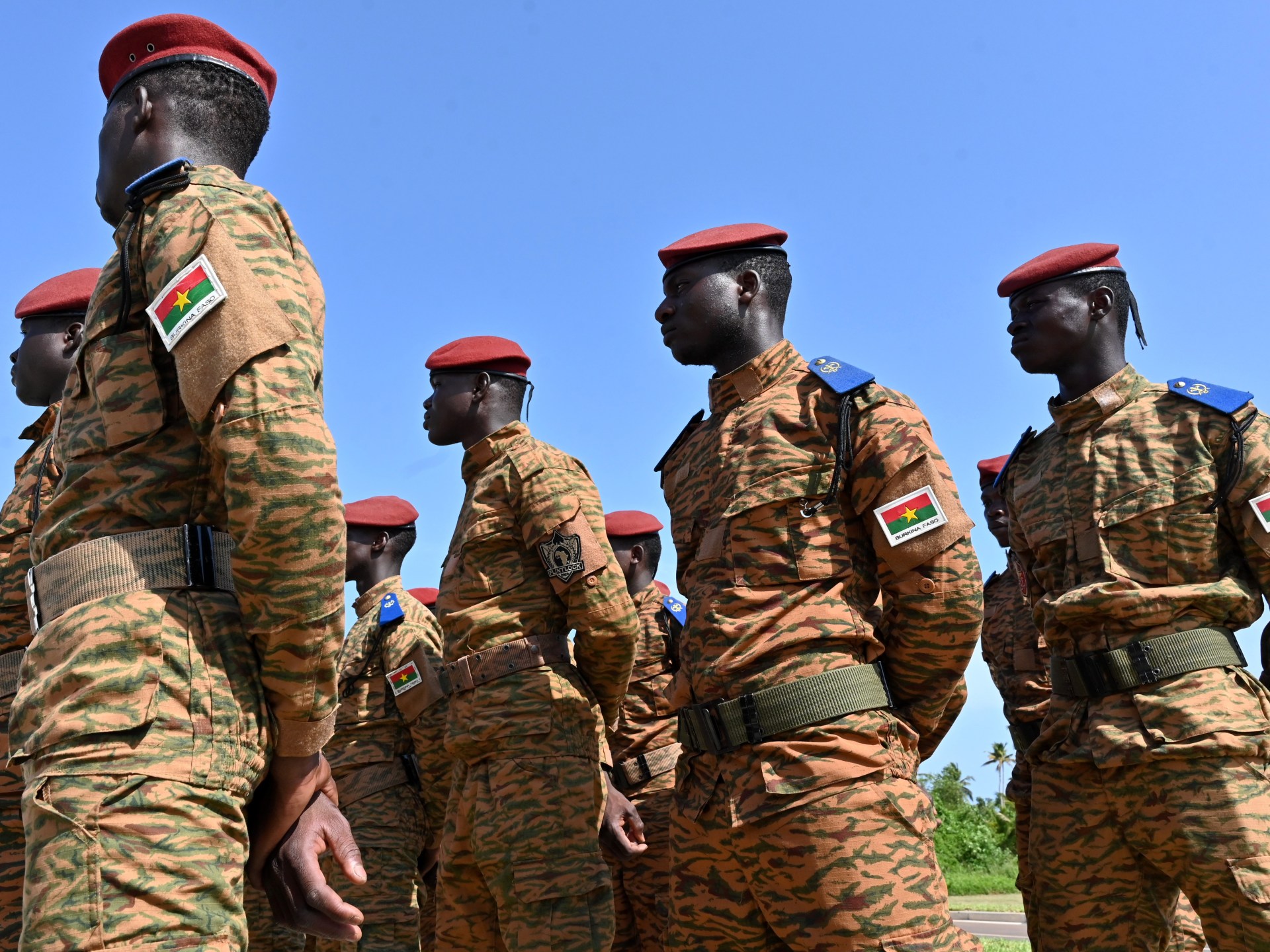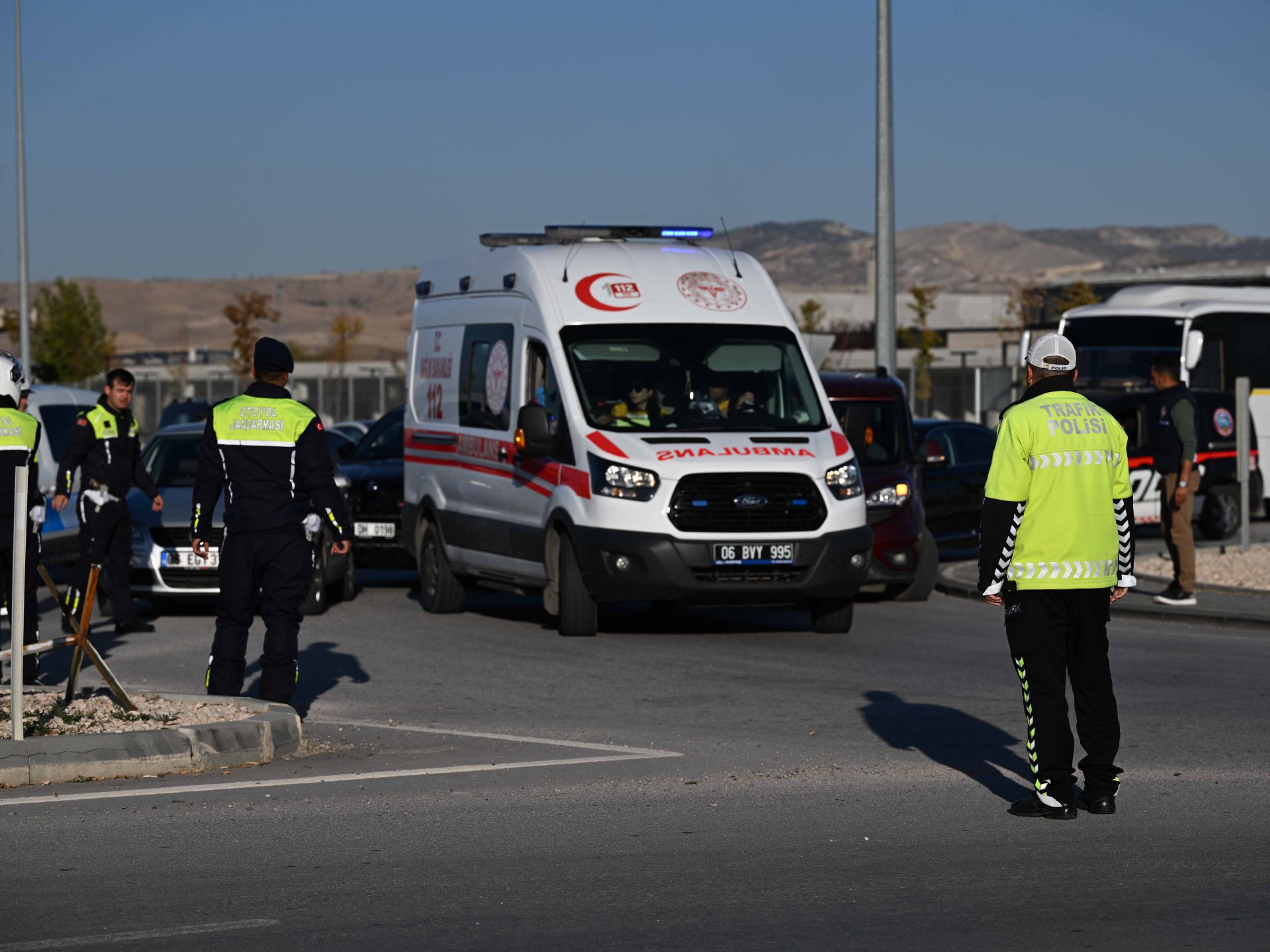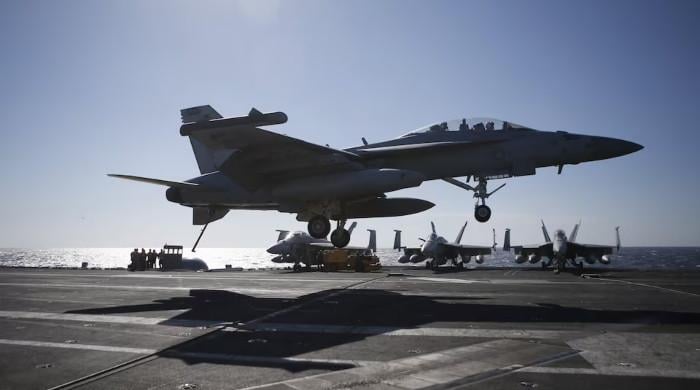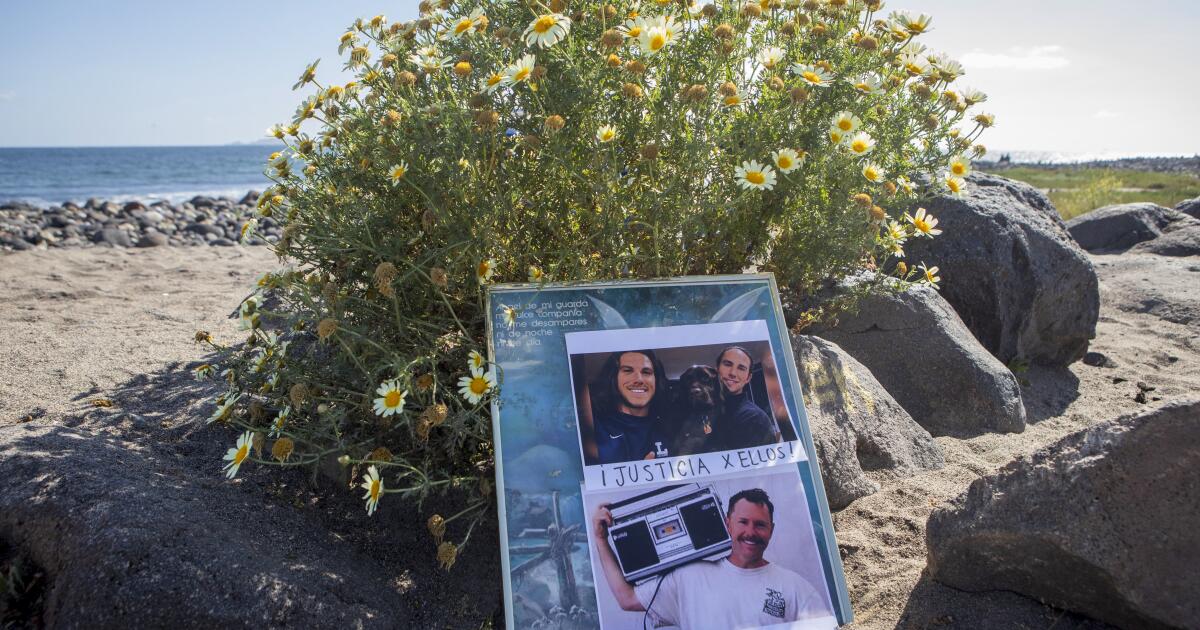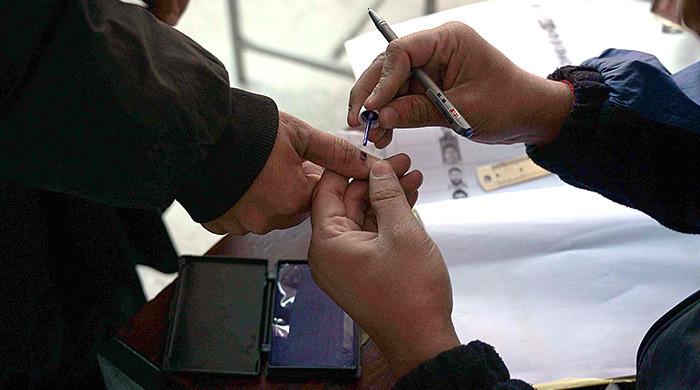Israeli Prime Minister Benjamin Netanyahu opposes announced plans by the military to hold daily tactical pauses in fighting along one of the main roads into the besieged and bombed Gaza Strip to facilitate the delivery of aid to the enclave. Palestinian.
The army had announced daily pauses from 05:00 GMT to 16:00 GMT in the area from the Karem Abu Salem (Kerem Shalom) crossing to the Salah al-Din road and then northwards.
“When the prime minister heard reports of an 11-hour humanitarian pause in the morning, he turned to his military secretary and made it clear that this was unacceptable to him,” an Israeli official told the Reuters news agency.
The military clarified that normal operations would continue in Rafah, the main focus of its ongoing attack in southern Gaza, where eight soldiers were killed on Saturday.
Israeli forces razed homes in the area and attacks continued on Sunday, despite it being the first day of Eid al-Adha, the most important Muslim holiday of the year.
An Israeli attack on two homes in the Bureij refugee camp in central Gaza killed nine people, including six children, according to the Palestinian state news agency Wafa.
Meanwhile, at least two Palestinians in the western Tal as-Sultan neighborhood of Rafah were killed in another Israeli attack, with the army following up by attacking an ambulance trying to reach the victims, according to Al Jazeera Arabic correspondents on the ground. .
The Israeli army also announced the deaths of three soldiers, two of them reservists, in fighting on Sunday.
Divisions between the government and the army
Netanyahu's opposition to tactical pauses underscored political tensions over the issue of aid reaching Gaza, where international organizations have warned of a growing humanitarian crisis and looming famine.
National Security Minister Itamar Ben-Gvir, who leads one of the close-knit nationalist religious parties in Netanyahu's ruling coalition, denounced the idea of a tactical pause and said whoever decided on it was a “fool” who should lose. his work.
Far-right government ministers want to further cut aid coming to Gaza, even though it has been greatly cut since Israel took control of the vital Rafah border crossing. And for months, right-wing Israelis have been protesting and blocking roads to prevent aid shipments from reaching Gaza, further limiting the flow of desperately needed aid to the territory.
Before the seizure of the crossing on May 6, there was already an inadequate flow of humanitarian aid into Gaza, especially into northern Gaza, where famine has already spread.
The dispute was the latest in a series of clashes between coalition members and the army over the conduct of the assault on Gaza, now in its ninth month.
It came a week after former centrist general Benny Gantz resigned from the government, accusing Netanyahu of not having an effective strategy in Gaza.
The divisions were laid bare last week in a parliamentary vote on a law on recruiting ultra-Orthodox Jews into the military, with Defense Minister Yoav Gallant voting against it in defiance of party orders, saying it was insufficient for needs. of the military.
The coalition's religious parties have strongly opposed ultra-Orthodox recruitment, sparking widespread anger among many Israelis that has deepened as the war has progressed.
Lt. Gen. Herzi Halevi, the army chief, said Sunday there was a “definite need” to recruit more soldiers from the rapidly growing ultra-Orthodox community.
Despite growing international pressure for a lasting ceasefire, an agreement to stop the fighting still seems distant, more than eight months since October 7, when Israel unleashed its most ruthless offensive in Gaza following Hamas attacks to the south. From Israel.
Israel's military campaign has killed more than 37,300 Palestinians, according to Palestinian Health Ministry figures, and destroyed much of the enclave.
Although opinion polls suggest that most Israelis support the government's goal of destroying Hamas, there have been widespread protests attacking the government for not doing more to bring home some 120 captives who have been held by Hamas in Gaza. since October 7.
As fighting continues in Gaza, a lower-level conflict along the Israel-Lebanon border now threatens to escalate into a broader war as near-daily exchanges of fire between Israeli forces and the group intensify. Hezbollah, backed by Iran.
In a further sign that the fighting in Gaza could drag on, Netanyahu's government said on Sunday it would extend until August 15 the period in which it would fund hotels and guesthouses for residents evacuated from Israel's southern border towns. .

